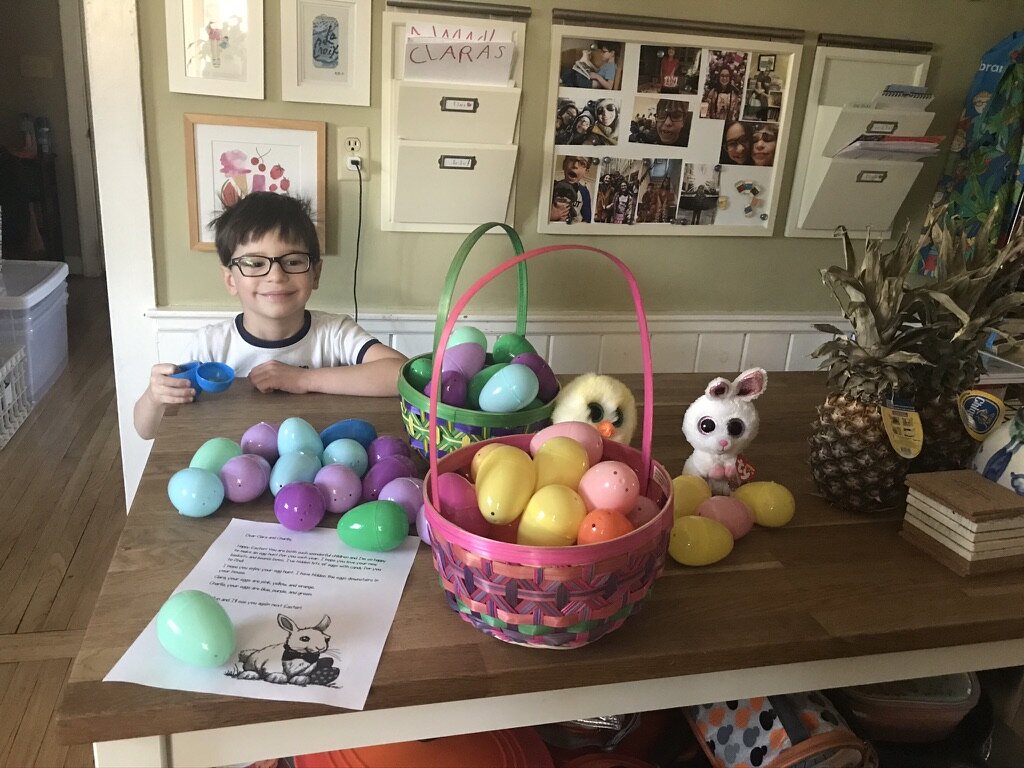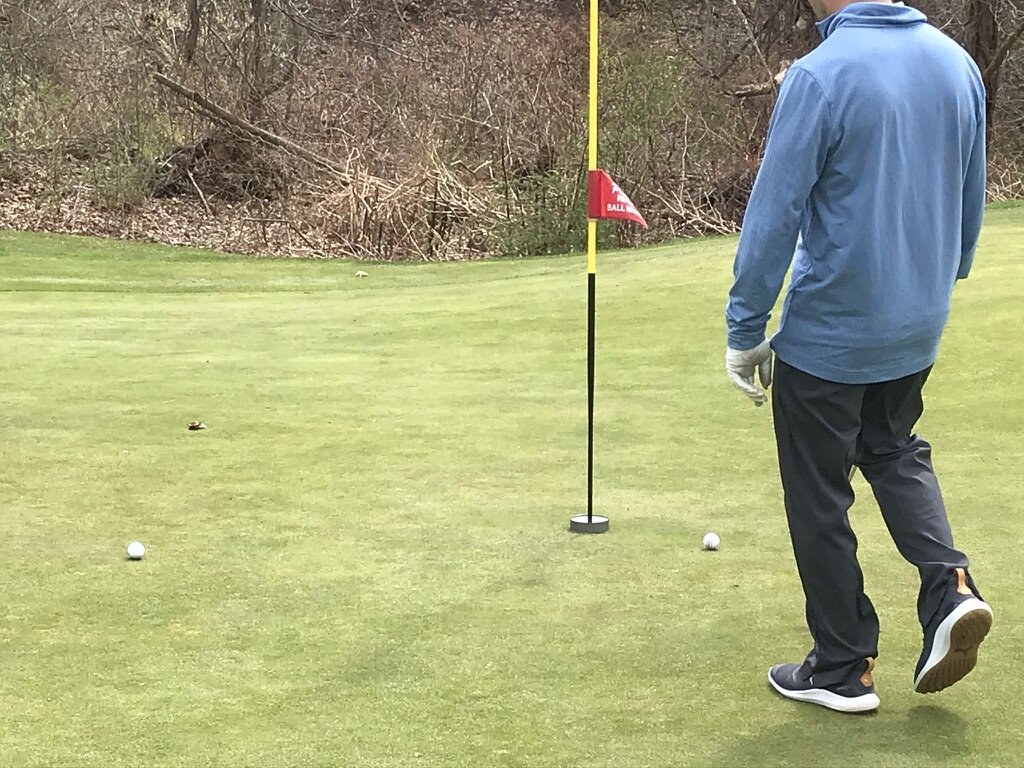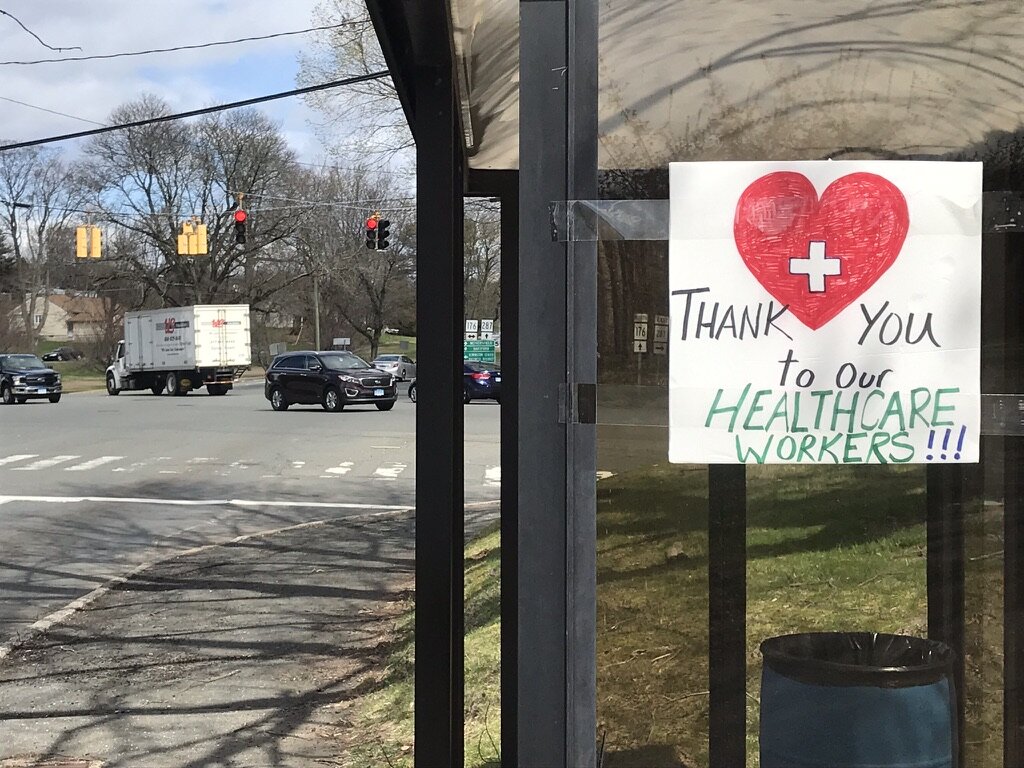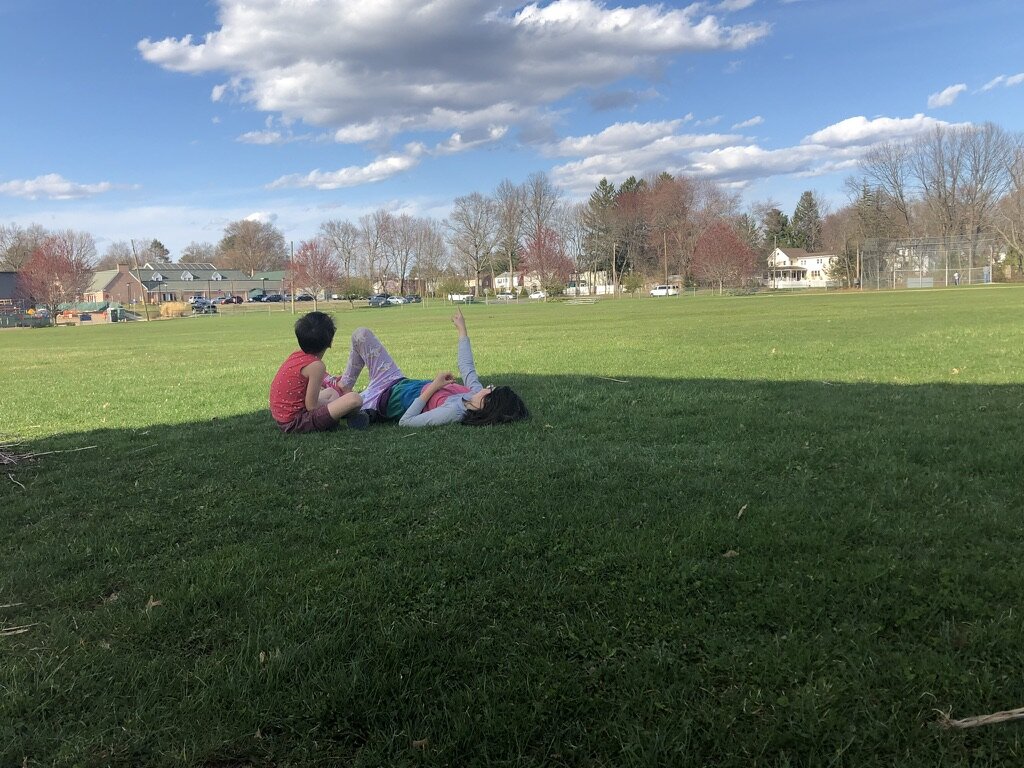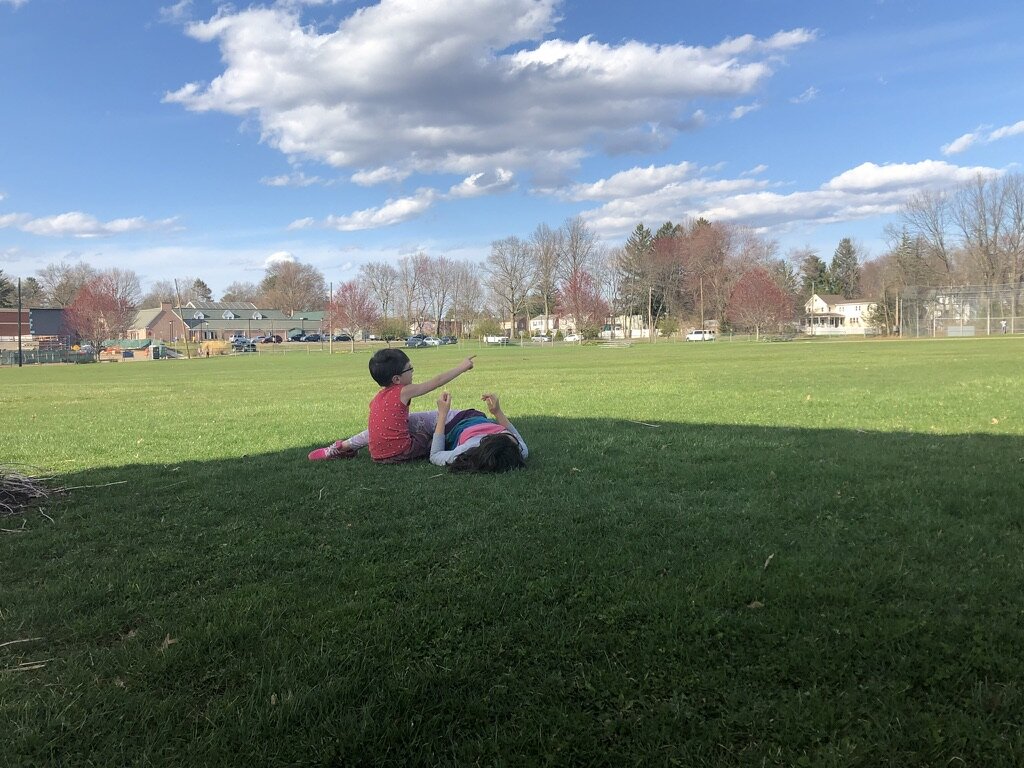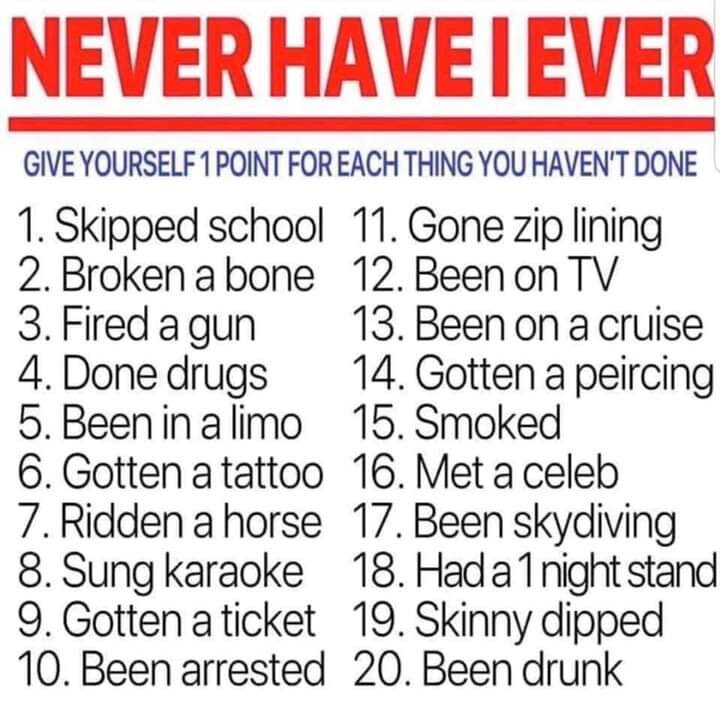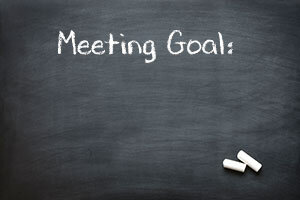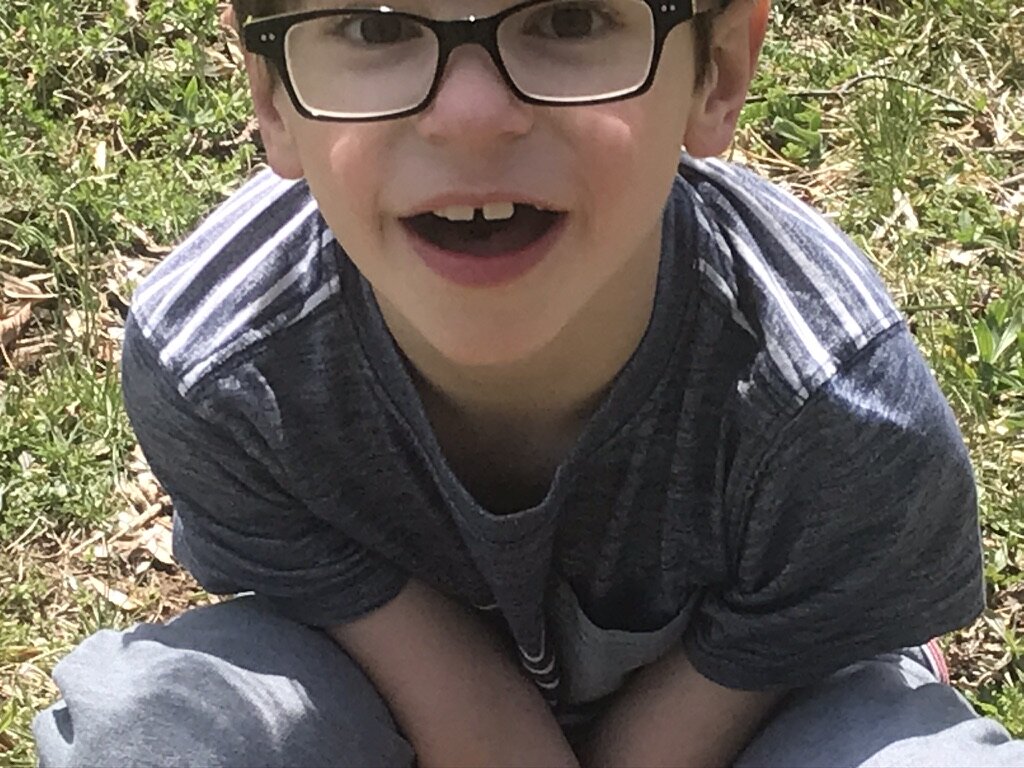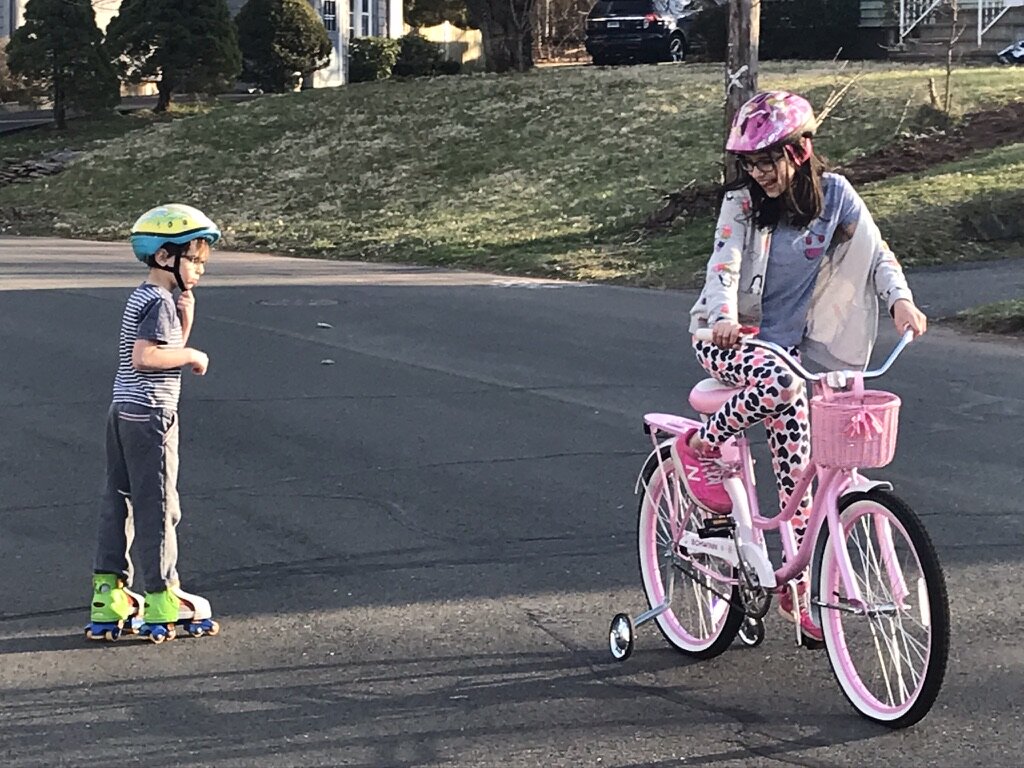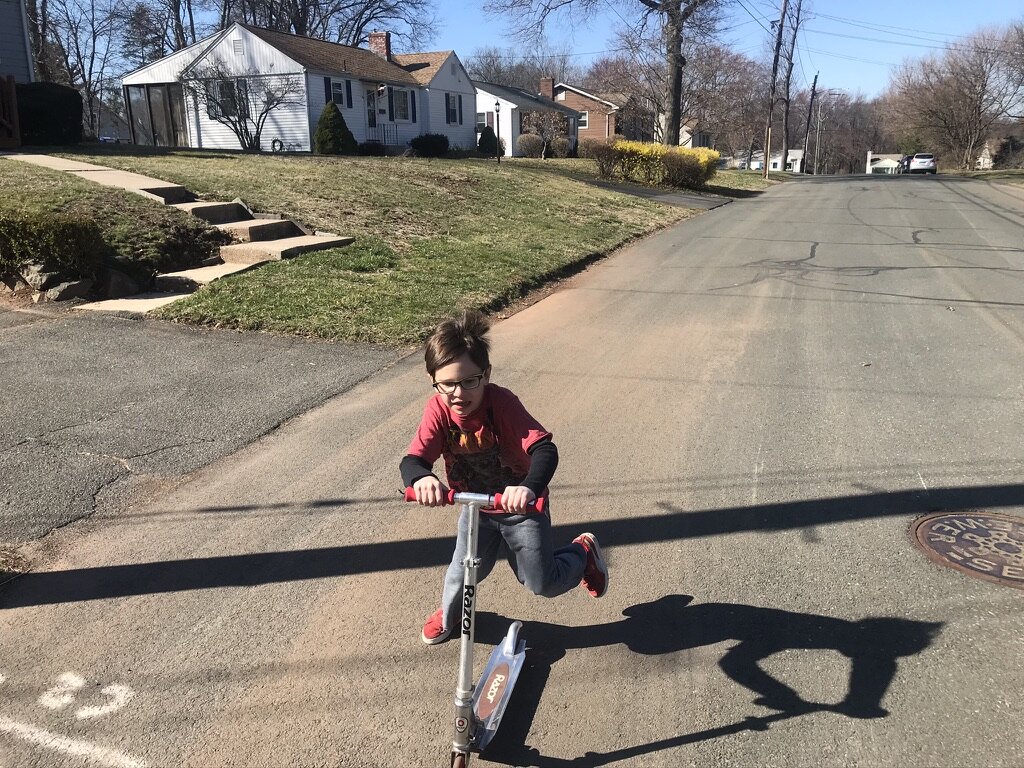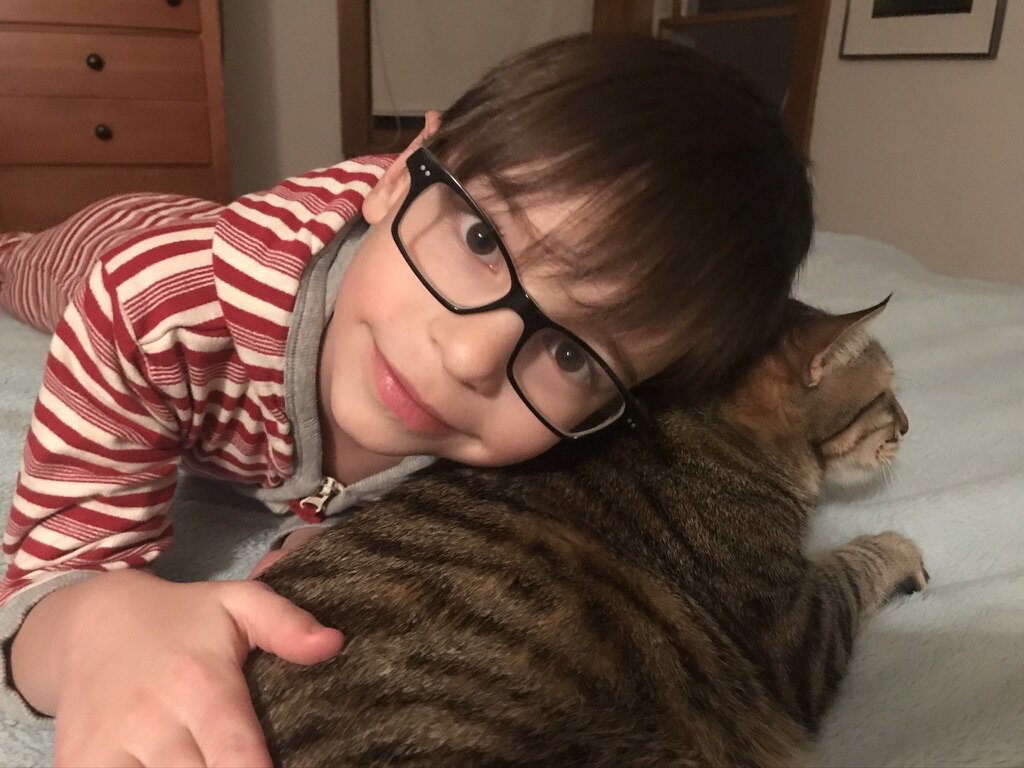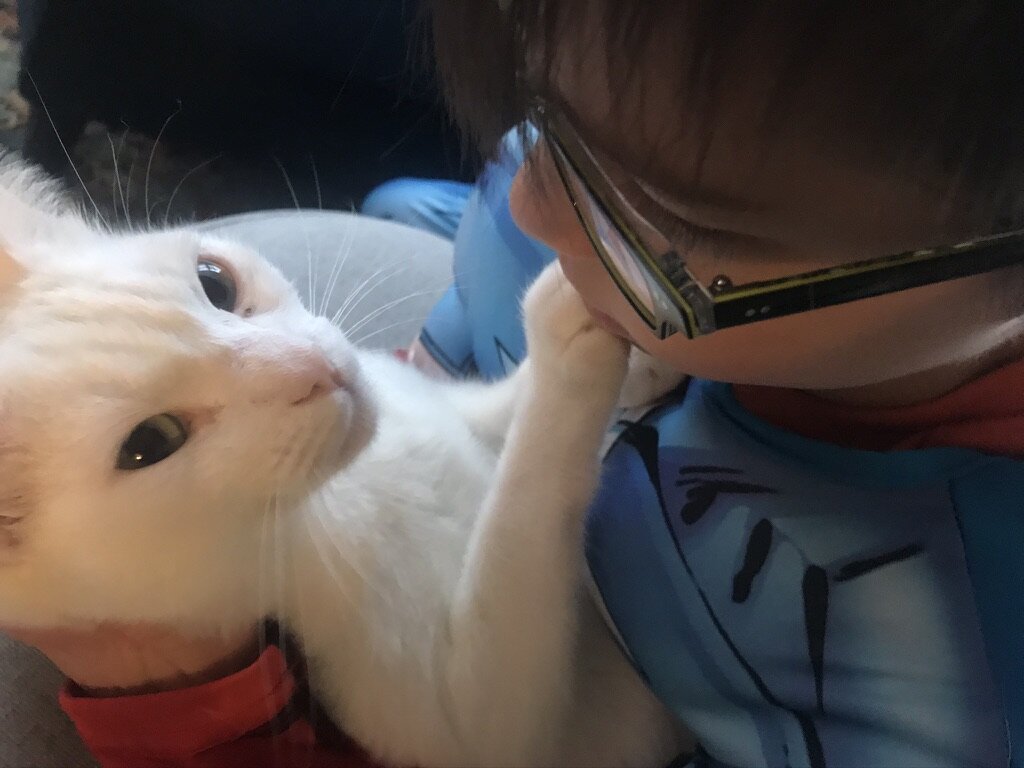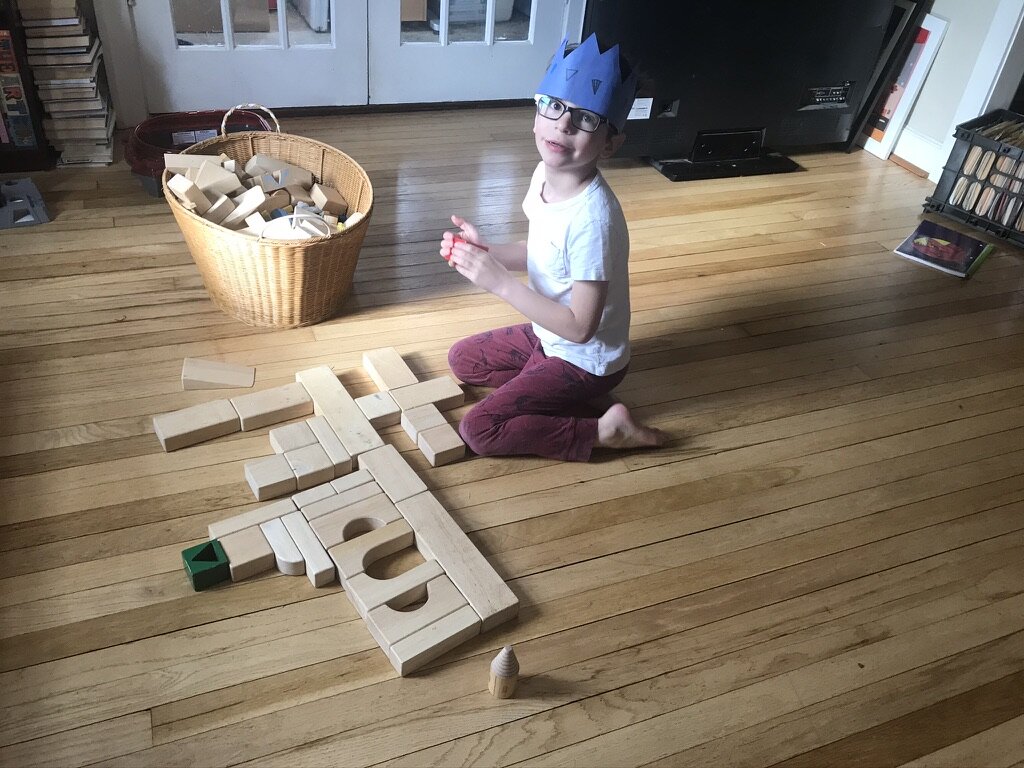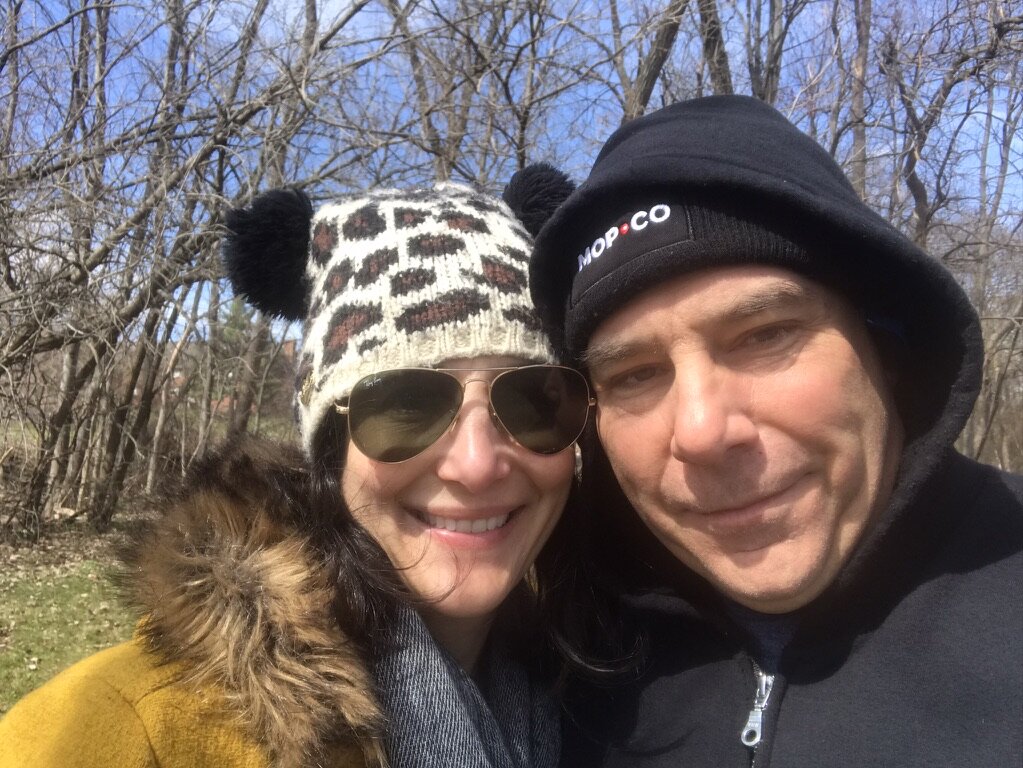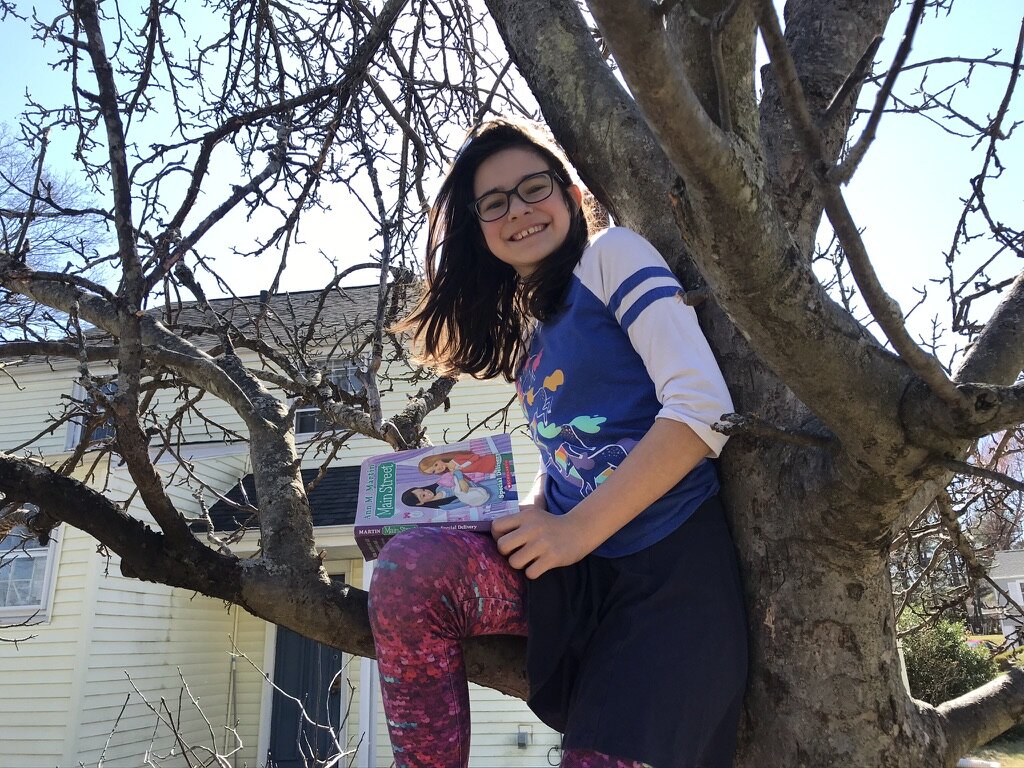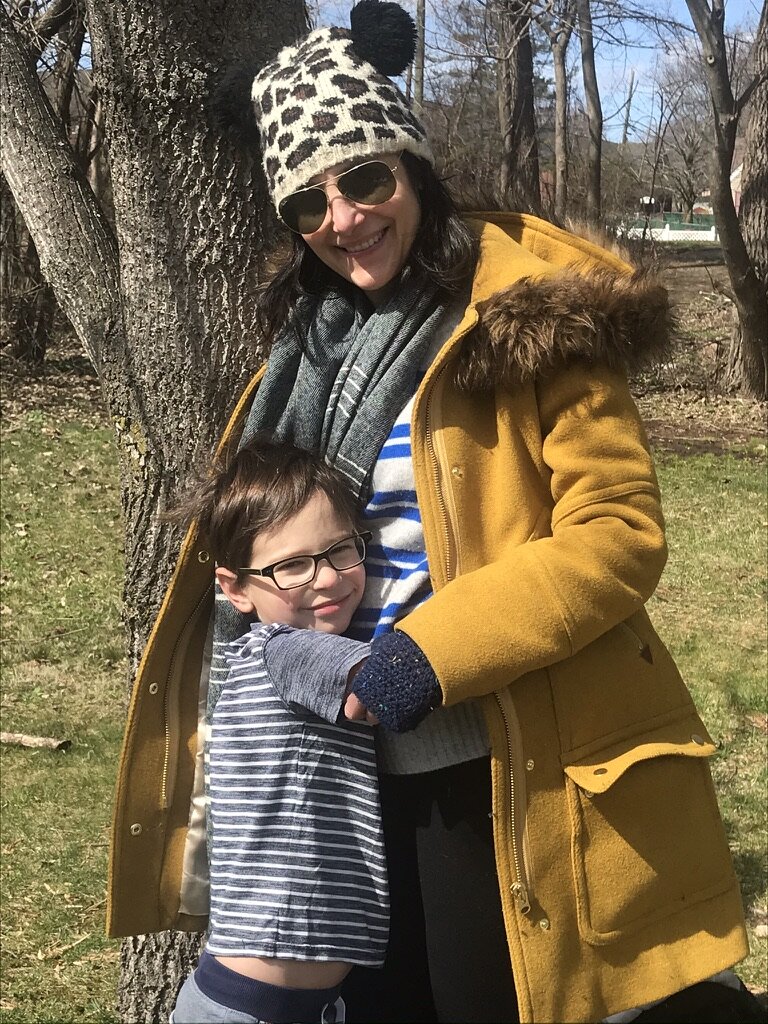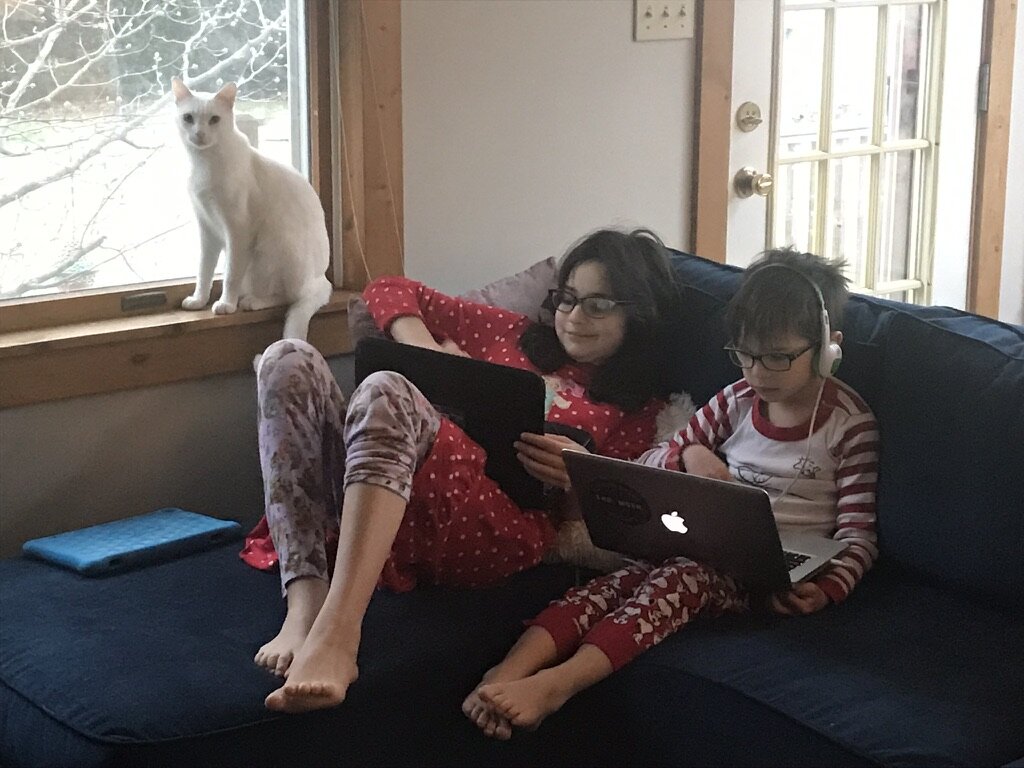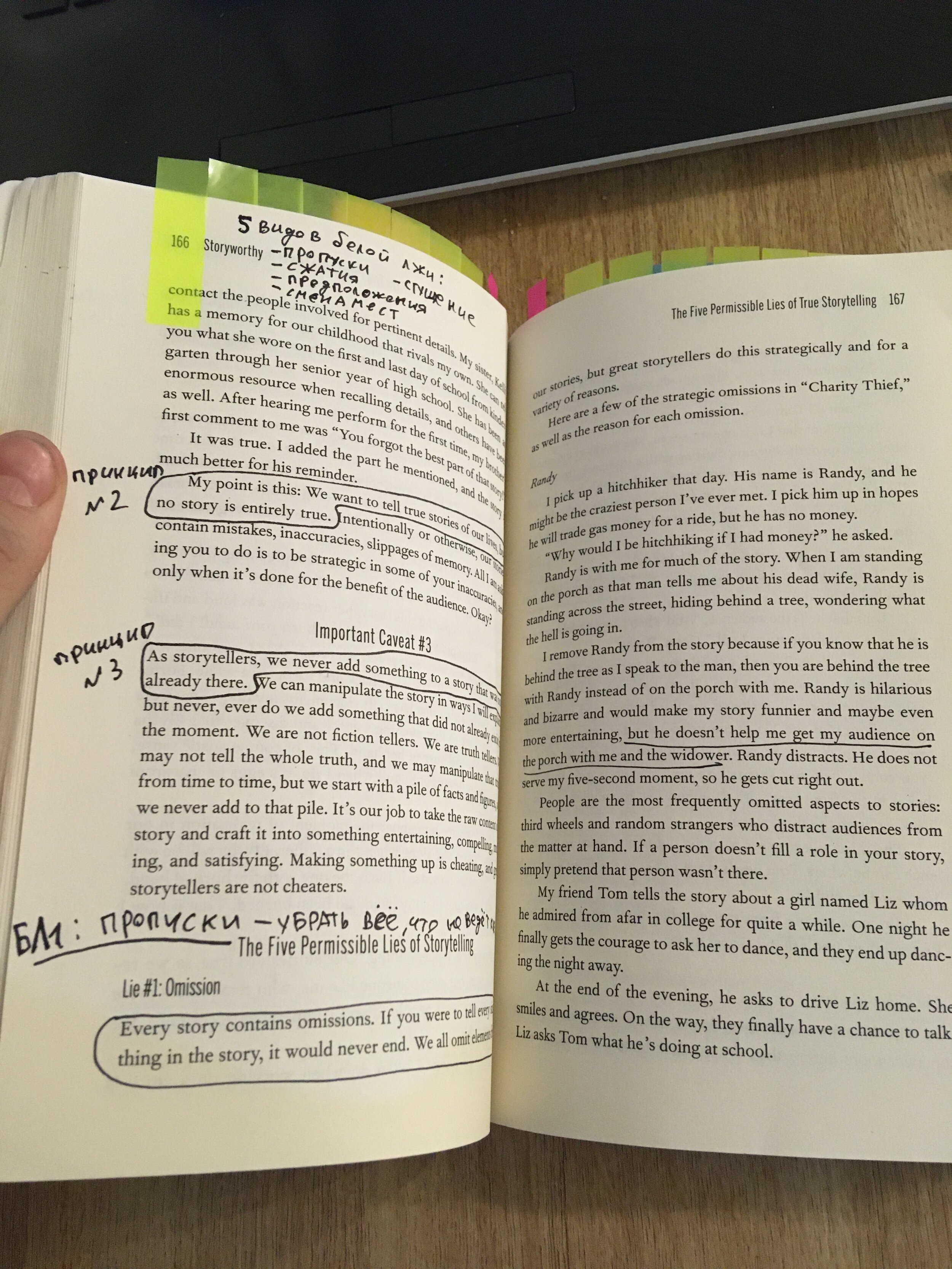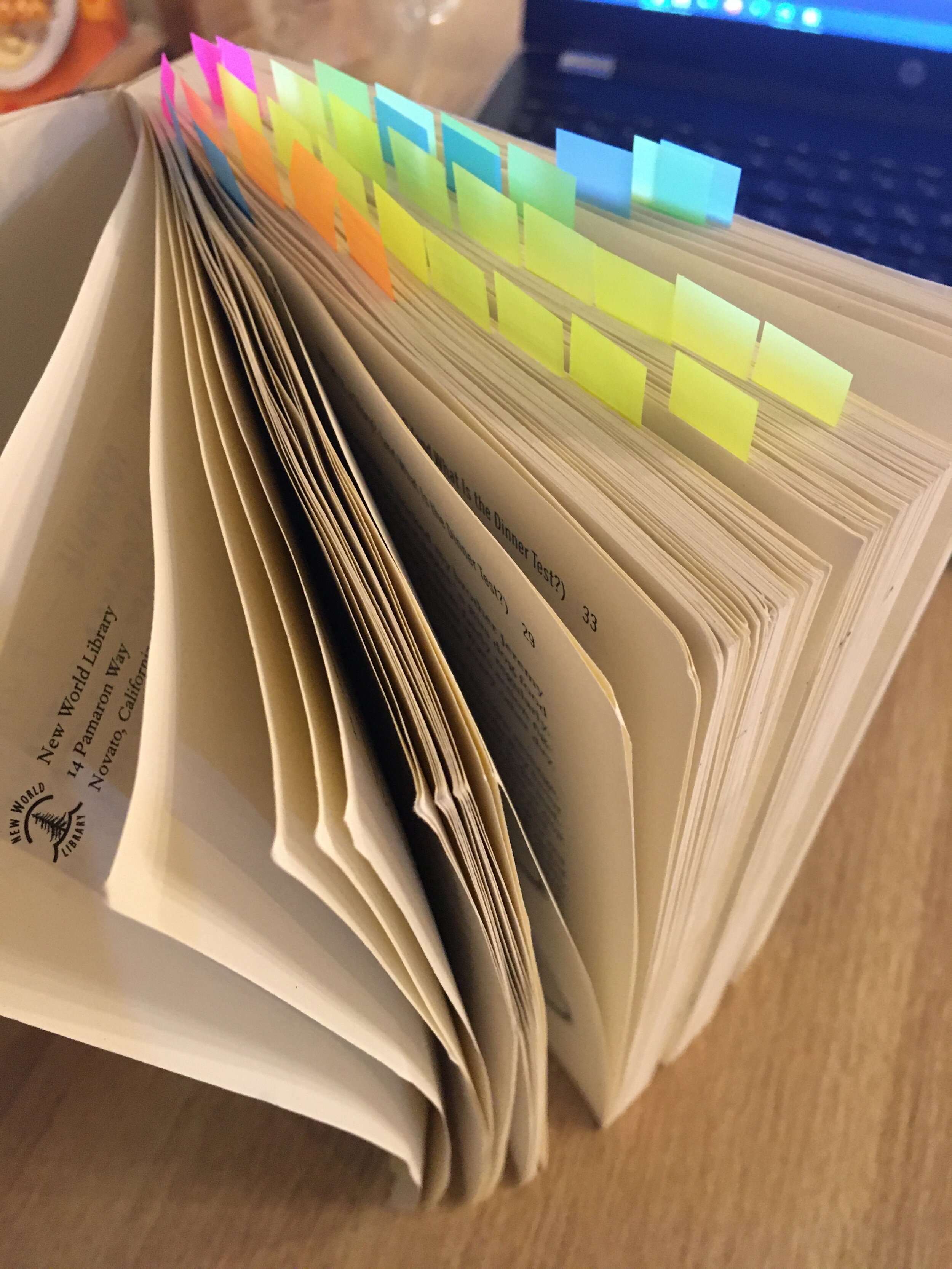14. Write at least six letters to my father.
Three letters written to my father in March. Four written in total in 2020.
Also, my father wrote back to me this week. A much-needed bit of joy in the midst of these long, hard days.
15. Write 100 letters in 2020.
Eleven letters written in March, including my first letter of condolence to the family member of a COVID-19 victim.
Sadly, there will probably be more to come.
I also wrote letters to three grocery stores, one pharmacy, and my insurance company, thanking their employees for continuing to work through this time.
A total of 15 so far n 2020.
16. Convert 365 Days of Elysha into a book.
No progress.
17. Complete and release my limited episode podcast on “Twenty-One Truths About Love.”
The podcast is nearly complete. Episodes with my editor, the cover designer, and more are ready to go. I need to record the first episode with Elysha and finish editing the last one and it will be ready to launch.
I may wait to launch the podcast in conjunction with the paperback release of my novel.
STORYTELLING/SPEAKING CAREER
18. Produce a total of 12 Speak Up storytelling events.
The cancellation of all shows through May and probably beyond will make this goal difficult to achieve. So far we have produced four shows in 2020. Zero shows in March.
On a side note, I’ve been performing in online storytelling shows in Boston, Australia, and Costa Rica, and New York, and I have an online solo show planned for April.
At some point we may begin producing our own online Speak Up shows, too, but we’re waiting a bit to allow people to get their footing in our new, albeit temporary existence.
19. Pitch myself to at least 5 upcoming TEDx events with the hopes of being accepted by one.
I pitched myself to three TEDx events in March (and three so far in 2020):
TEDx Salem State University, TEDx Hartford, and TEDx Yale.
No word on any of them yet.
I also helped two clients get accepted to speak in TEDx events in 2020 ands 2021.
I was supposed to be speaking at a TEDx event in the Berkshires in April, but that event has been rescheduled for later in the year.
20. Attend at least 15 Moth events with the intention of telling a story.
I attended two Moth StorySLAMs in March and told a story in one, winning that slam. Three events so far in 2020.
Given that all Moth events have been cancelled in the foreseeable future, this goal is going to be much more challenging now.
21. Win at least three Moth StorySLAMs.
I won a Moth StorySLAM in March at Oberon in Boston. It was my first win in 2020 and my 48th Moth StorySLAM victory in all.
Given that all Moth events have been cancelled in the foreseeable future, this goal is going to be much more challenging now.
22. Win a Moth GrandSLAM.
I completed in a Moth GrandSLAM in Boston in February and finished in second place.
Given that all Moth events have been cancelled in the foreseeable future, this goal is going to be much more challenging now.
23. Produce at least 40 episodes of our podcast Speak Up Storytelling.
Elysha and I produced three new episodes in March (plus one rebroadcast).
A total of 11 new episodes in 2020.
Our latest dropped on Wednesday! Subscribe today!
24. Begin providing transcriptions of each episode of the Speak Up Storytelling podcast.
No progress.
25. Explore the monetization of the Speak Up Storytelling podcast.
DONE!
Our Patreon page is up and running, and so far 7 people have been kind enough to commit to a monthly contribution. In exchange for their commitment, they will be receiving bonus content on the Patreon page, including bonus episodes, additional workshop opportunities, and more.
Our first bit of bonus content - a conversation with storyteller Jeni Bonaldo - drops this week.
If you’d like to become a patron and support the work we do at Speak Up, click here.
26. Perform stand up at least six times in 2020.
No performances in March and no performances in 2020.
Given the nature of the world, this goal is going to be much harder now.
27. Pitch at least three stories to This American Life.
No stories pitched in March. No stories pitched in 2020.
28. Pitch myself to Marc Maron’s WTF podcast at least three times.
I sent a pitch to Marc and his producer back in February. One so far in 2020.
29. Produce at least one new video for my YouTube channel each month.
I posted four new videos in March consisting of the free storytelling workshops that I am conducting on Facebook Live. Every Wednesday at 3:00 EST. I then post the recordings of these sessions to my YouTube channel.
Six new videos in total in 2020.
Subscribe to my YouTube channel here.
30. Find a means of producing my storytelling instruction for an online platform.
I’ll be partnering with MOPCO Improv Theater on April 18 for an online storytelling workshop, and I’m developing a 6-week online workshop for storytellers, too. Ultimately I want to develop asynchronous offerings using recorded instruction, but this is an excellent start.
HOME
31. Print, hang, and/or display at least 25 prints, photos, or portraits in our home.
Art has arrived. The devices needed for hanging the art has arrived. Frankly, this is Elysha’s job now, but I’m confident that t will be done soon and well.
32. Replace the 12 ancient, energy-inefficient windows in our home with new windows that will keep the cold out and actually open in the warmer months.
Windows are purchased and ready to be installed. Unfortunately the pandemic is preventing new construction jobs from being started, so it may be a while before our windows are installed.
But we are oh so close…
33. Clear the basement.
I’ve been taking advantage of my town’s free bulk pickup each week. Progress is slow but steady.
Incrementalism, people. Some jobs are best done through consistency and vigilance. Small progress results in big returns.
34. Refinish the hardwood floors.
This might be a problem. Hardwood floors require at least a few days to be completed, and we have cats. The cats will absolutely not stay with anyone else while the floors are being done, so what the hell are we going to do?
35. Purchase a new television.
Done! It’s large and beautiful and professionally mounted to the wall. THANK GOODNESS we did this early in the year. Our new couch, chair, television, and streaming services have been invaluable during this period of social distancing.
FAMILY/FRIENDS
36. Take at least one photo of my children every day.
I missed 0 days in March. I missed 12 days in 2020. Social distancing makes this job much easier.
37. Take at least one photo with Elysha and myself each week.
I missed two of the four weeks in March. I am simply not someone who ever thinks to take a selfie (defined as a photo of yourself, taken by yourself), so taking a photo of myself with someone else is also not instinctual.
I find the explosion of selfies in this world very disturbing.
But I’ll need to find a way to do better, because I want more photos of Elysha and myself.
38. Cook at least 12 good meals (averaging one per month) in 2020.
Done! I made 14 meals for the family in March alone, plus the one cooked in February. I prepared three Hello Fresh meals. Cooked a ham. Made a pasta dish. Made egg sandwiches and omelettes for breakfast.
This pandemic has done wonders for cooking skills.
39. Ride my bike with my kids at least 25 times in 2020.
Two rides with Charlie and Clara in March.
40. Plan a reunion of the Heavy Metal Playhouse.
No progress.
41. I will not comment, positively or negatively, about physical appearance of any person save my wife and children, in 2017 in an effort to reduce the focus on physical appearance in our culture overall.
Done.
42. Surprise Elysha at least six times in 2020.
I bought tickets to Mike Birbiglia’s appearance in New Haven in May, hoping to surprise Elysha, but that surprise now seems unlikely.
So do I count that ruined surprise as a surprised?
I also sent Elysha a bouquet of flowers to her workplace on her birthday in January.
One or two surprises so far, depending on how I decide to credit myself.
43. Play poker at least six times in 2020.
My friends and I used a combination of a poker app, Zoom, and Venmo to spend an evening playing poker on a Saturday night.
Two games played so far in 2020.


